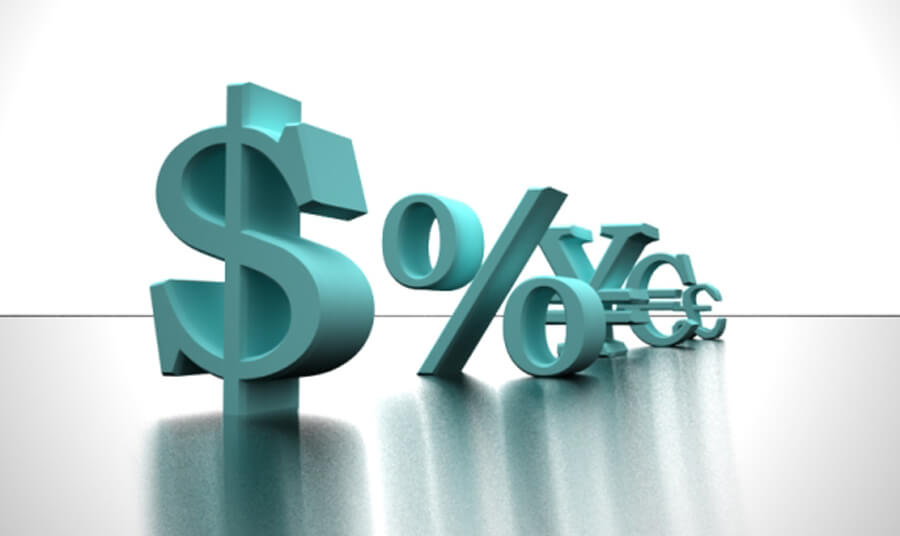 You may have noticed that the value of currencies goes up and down every day. What most people don't realize is that there is a foreign exchange market (Forex) where you can potentially profit from the price movement of these currencies. Although forex is the largest financial market in the world, it is relatively unfamiliar terrain for retail traders. Until the popularization of internet trading a few years ago, forex was primarily the domain of large financial institutions, multinational corporations and secretive hedge funds.
You may have noticed that the value of currencies goes up and down every day. What most people don't realize is that there is a foreign exchange market (Forex) where you can potentially profit from the price movement of these currencies. Although forex is the largest financial market in the world, it is relatively unfamiliar terrain for retail traders. Until the popularization of internet trading a few years ago, forex was primarily the domain of large financial institutions, multinational corporations and secretive hedge funds.
The Forex Market is a global market for exchanging currencies between nations, and for individual speculators or traders. The retail off exchange forex market is not conducted on an exchange, which means there is no physical location where all currencies trade. An important and essential concept to understand with forex is that it is traded in pairs. This means you are buying and selling a currency at the same time. For example, you enter into a European euro versus the U.S. dollar trade, or EUR/USD. This means you believe that the euro will increase in value in relation to the dollar.
In order to start trading currencies you will need to trade with the help of a forex broker. There are many forex brokers out there today who allow you to open a forex trading account for as little as $5. The forex broker is the one who facilitates your buy and sell orders and also allows you to research into the markets (also known as technical or fundamental analysis) to help you make more informed decisions, and of course allows you deposit more funds or withdraw your profits when you want to.
As mentioned, there are many forex brokers today and therefore it can get confusing on how to choose the forex broker that is right for you. To briefly summarize, remember the following points while choosing a forex broker: look for a forex broker that is regulated, see if the forex broker offers a minimum deposit amount, what is the leverage that the broker offers, what is the minimum contract size that you can trade, bonuses and the terms and conditions, deposit and withdrawal types as well as the terms and conditions, trading methods that are allowed by the broker.
After you have selected a forex broker to trade with it is recommended to first open a demo trading or a practice account. Most forex brokers offer unlimited demo trading account (but will be deactivated if not used for 30 days). This is a good way to get acquainted with the forex markets and also help you to understand your trading style (scalper or intra day trading, swing trading, etc) and approach (fundamental or technical analysis). You can search for various trading methods and systems or you can develop one yourself when you have a good understanding of technical or fundamental indicators.







